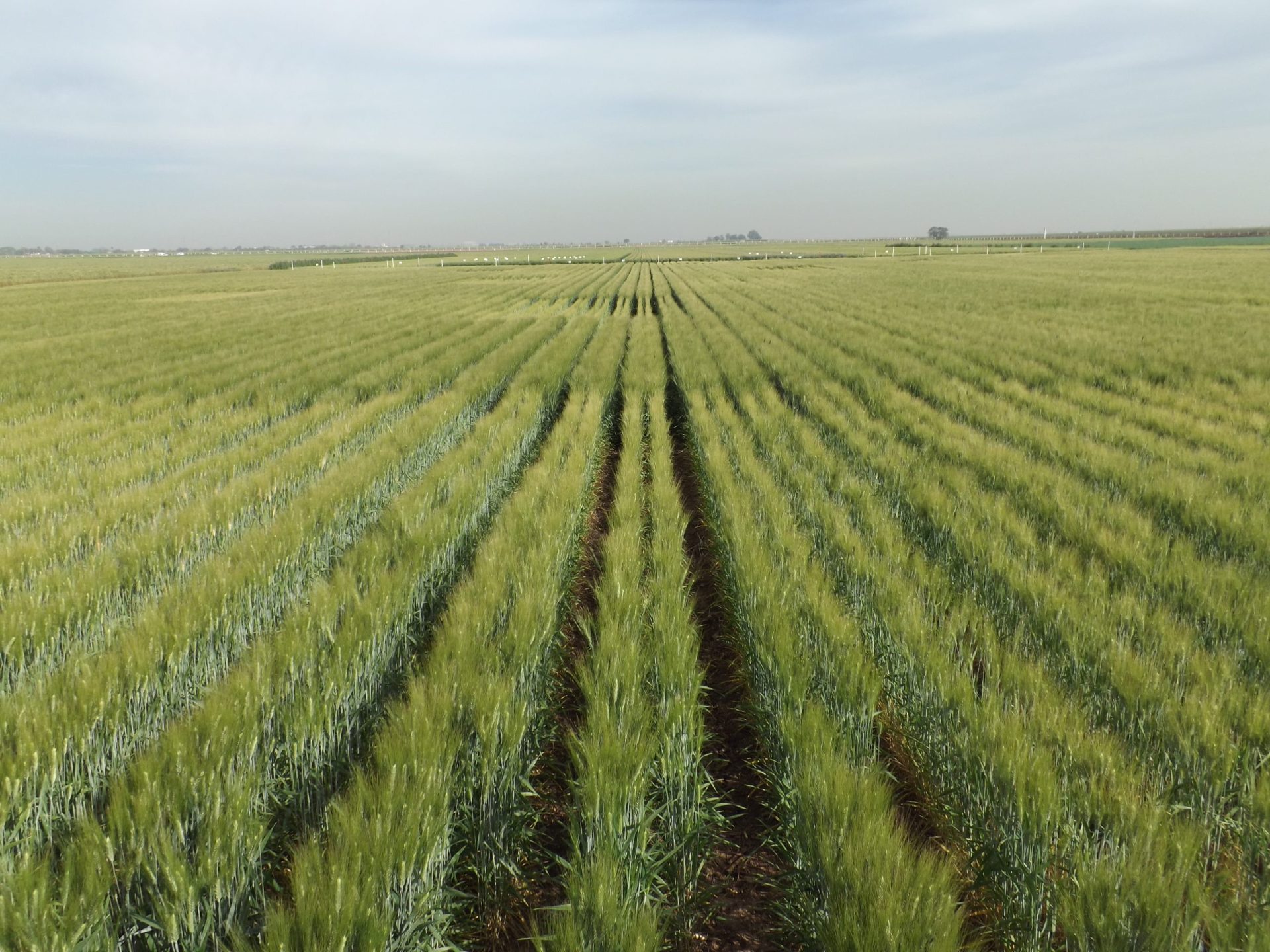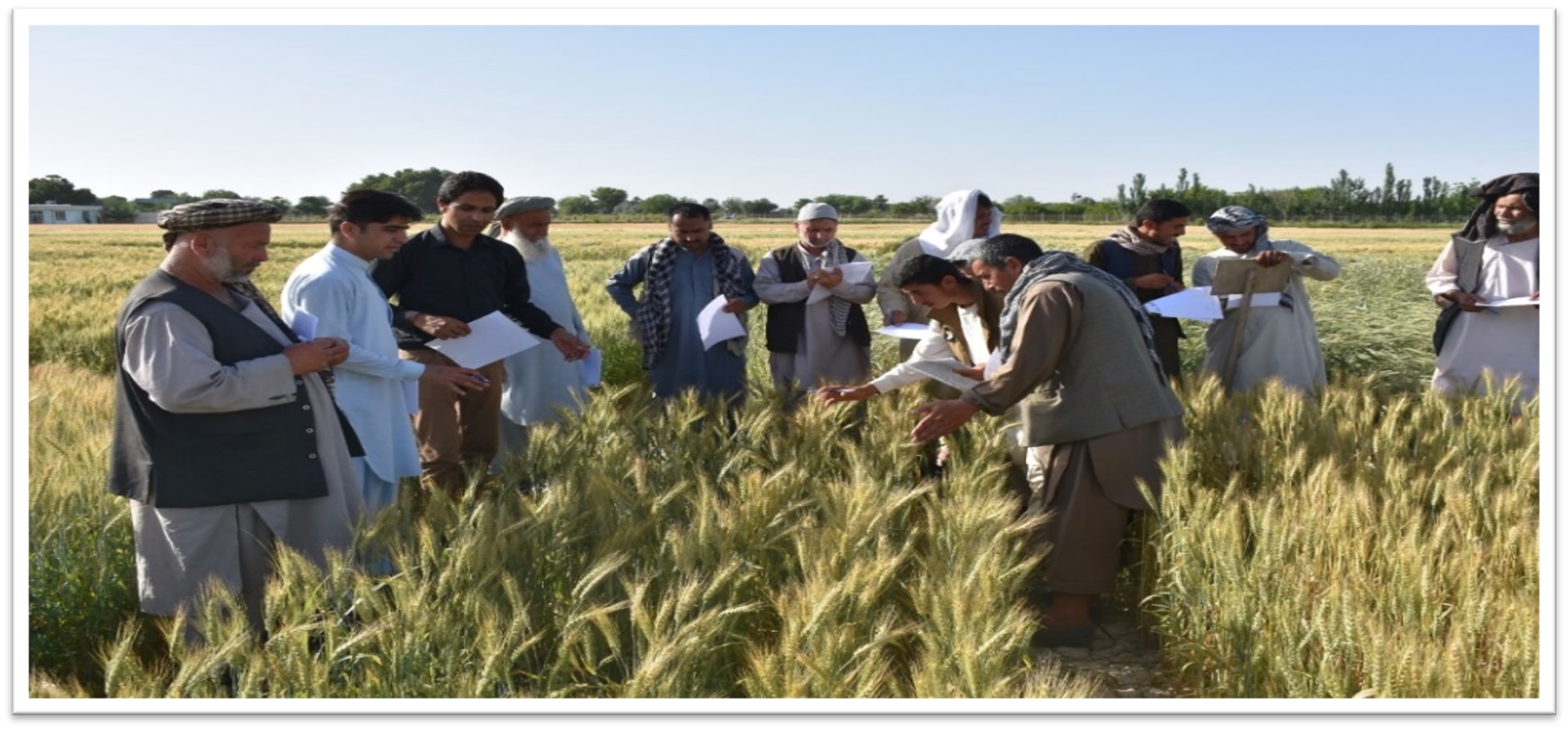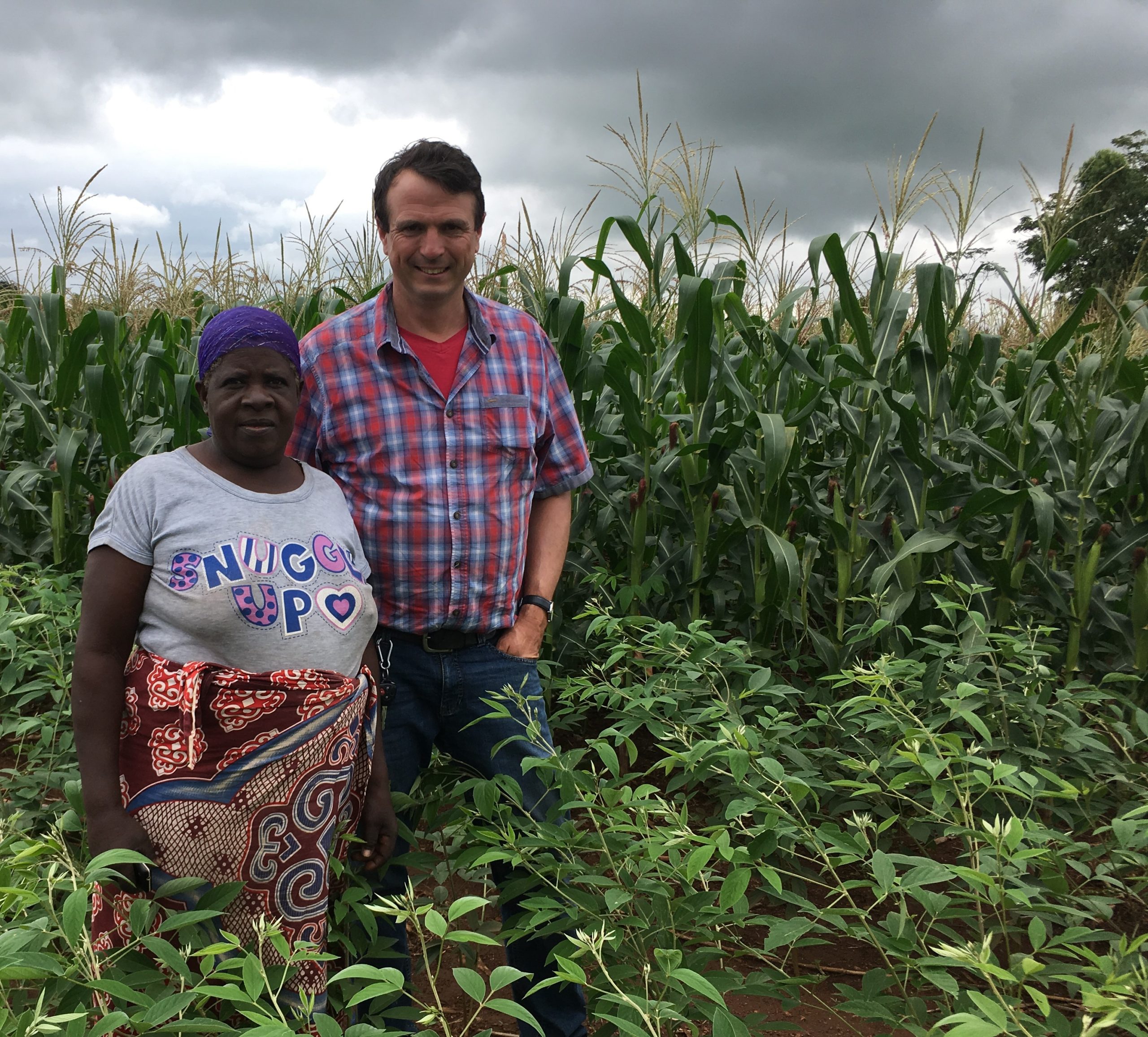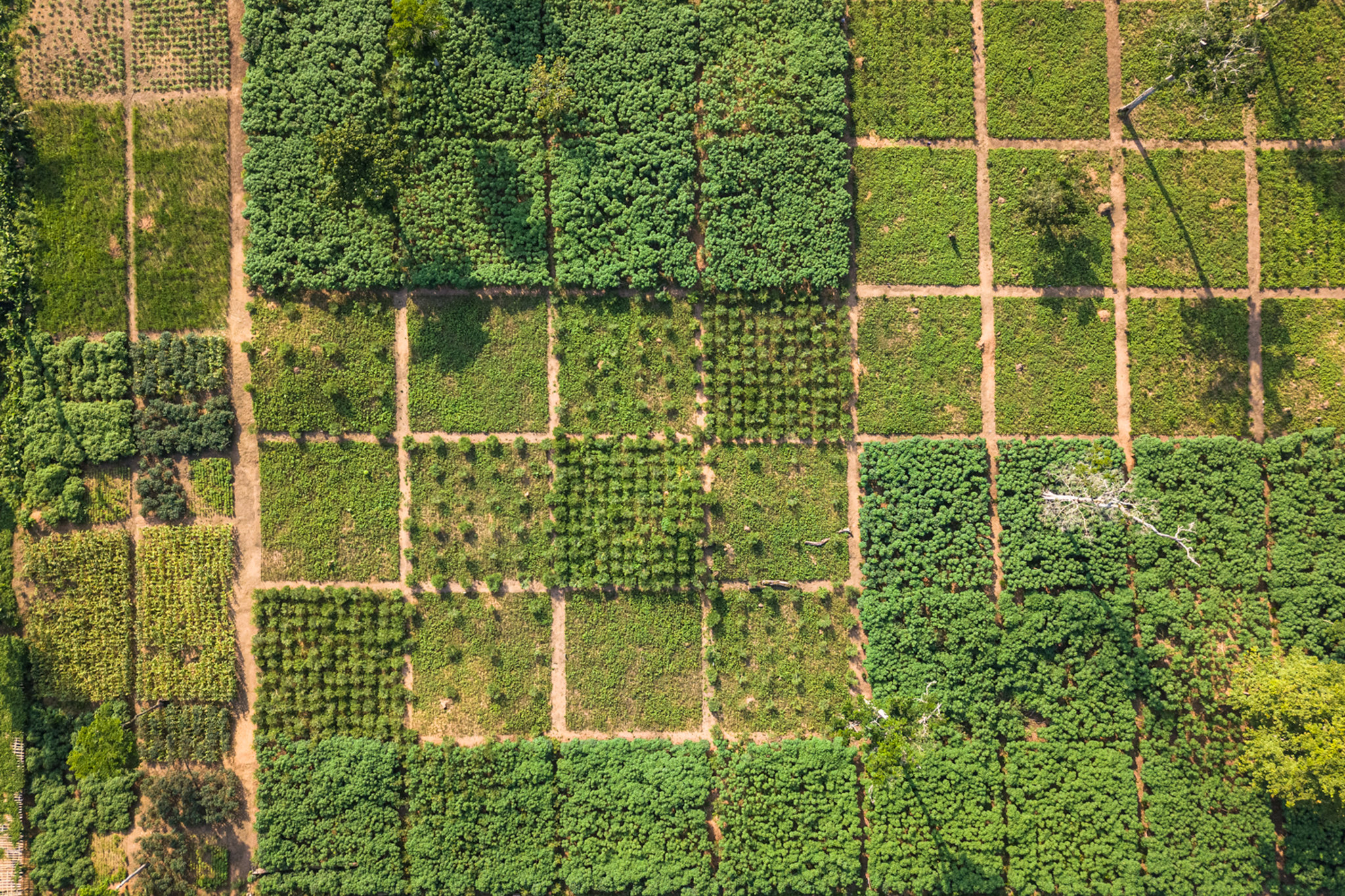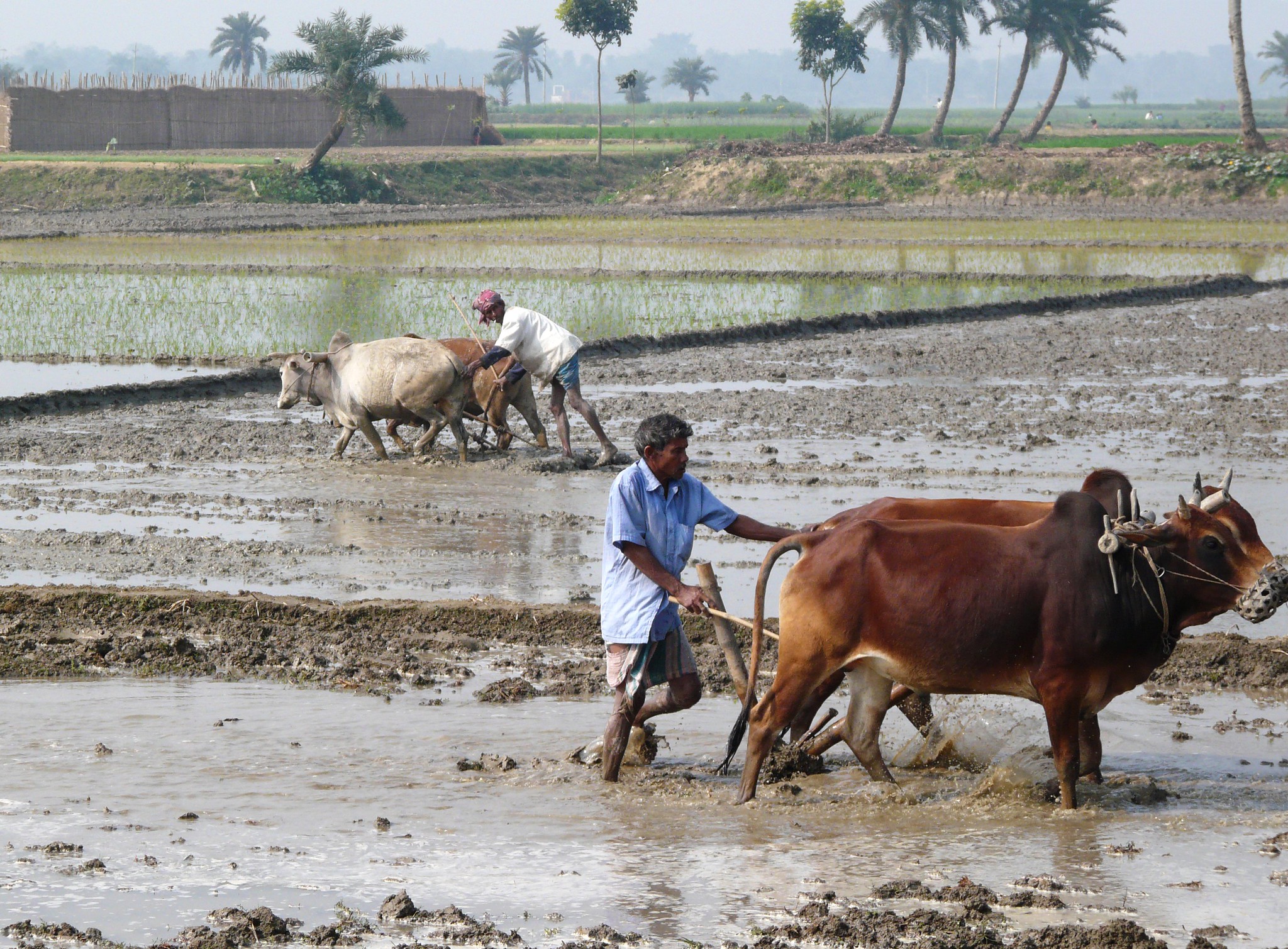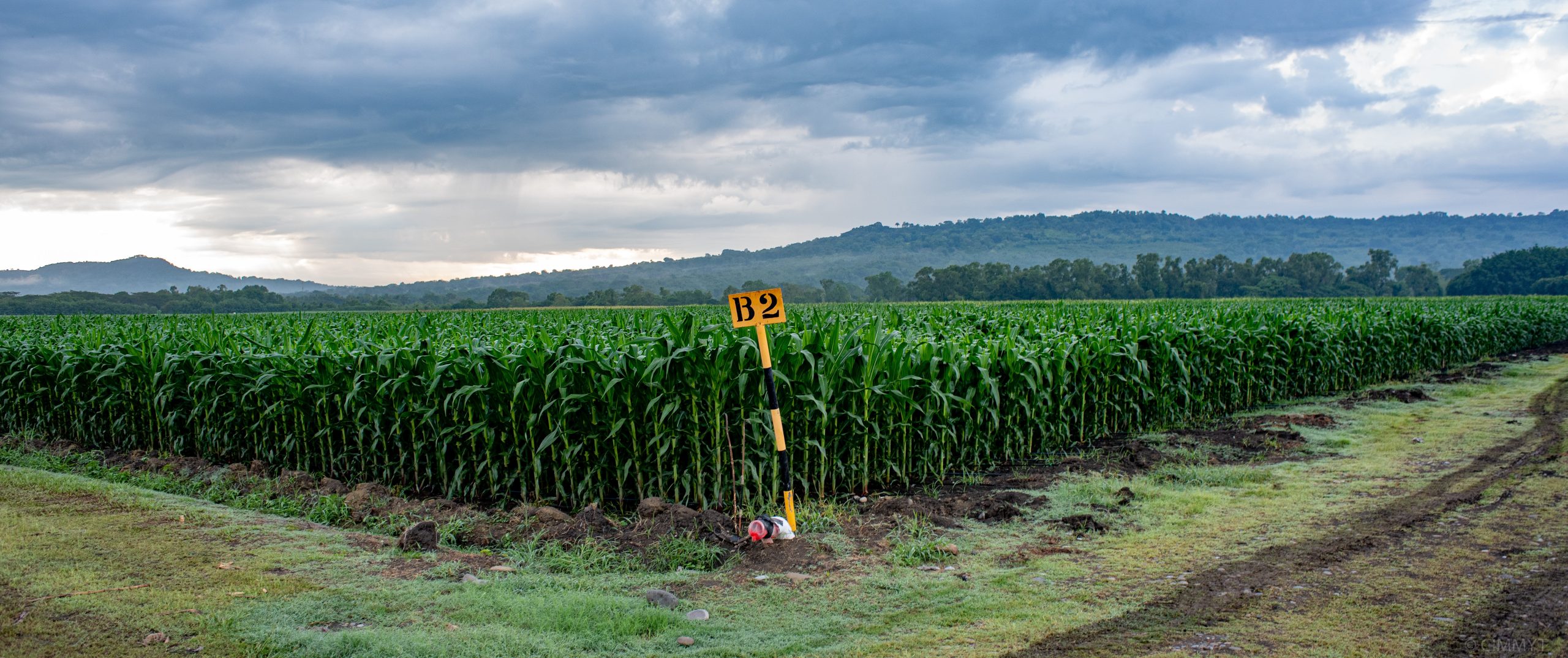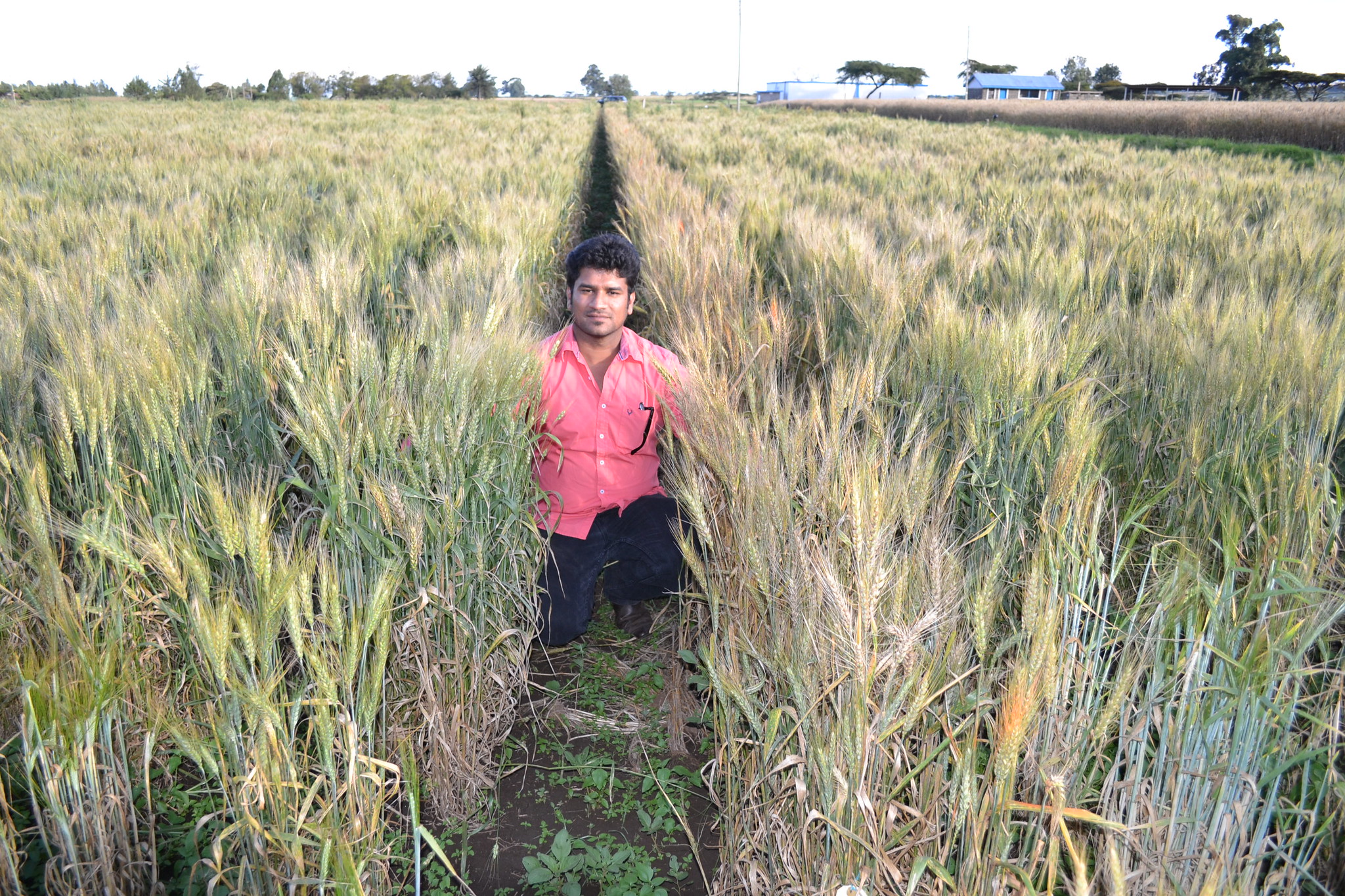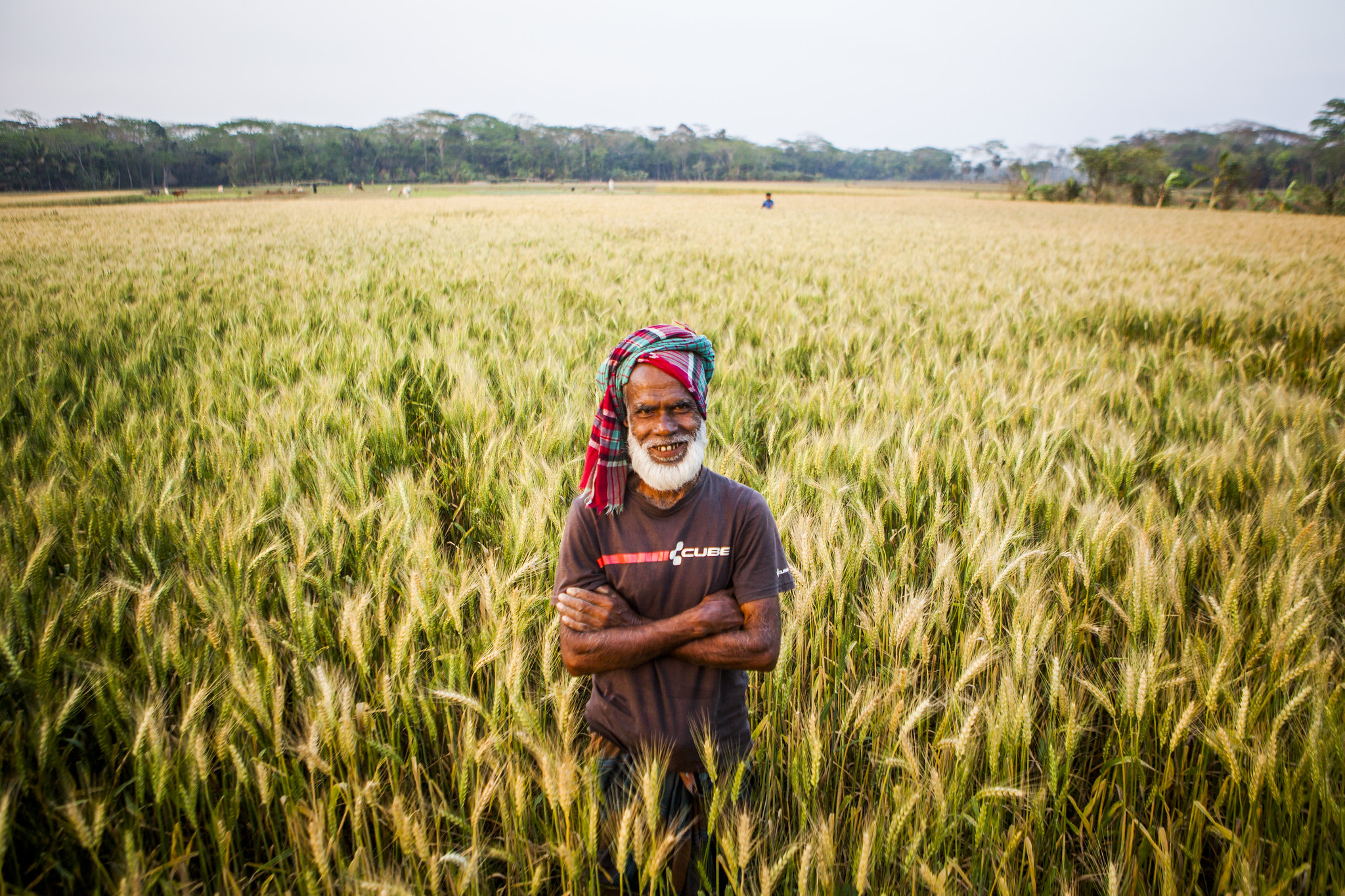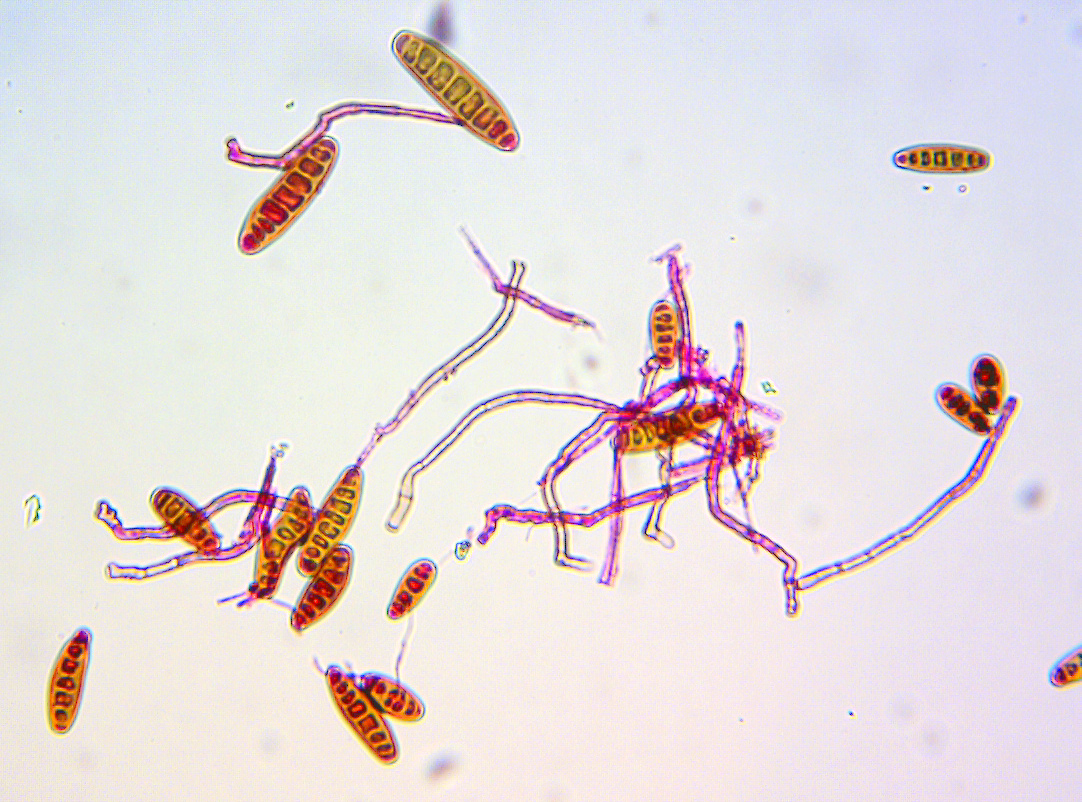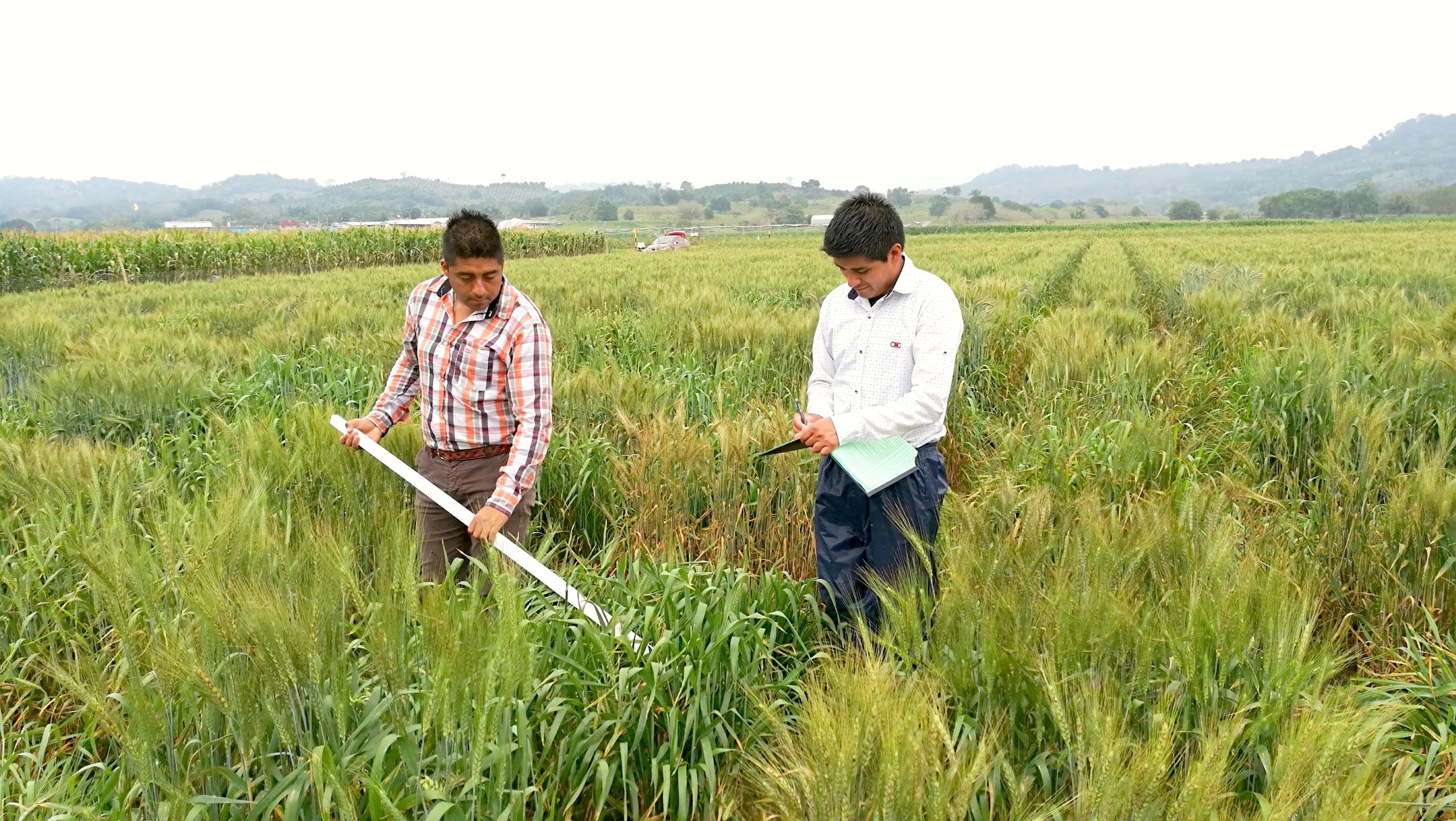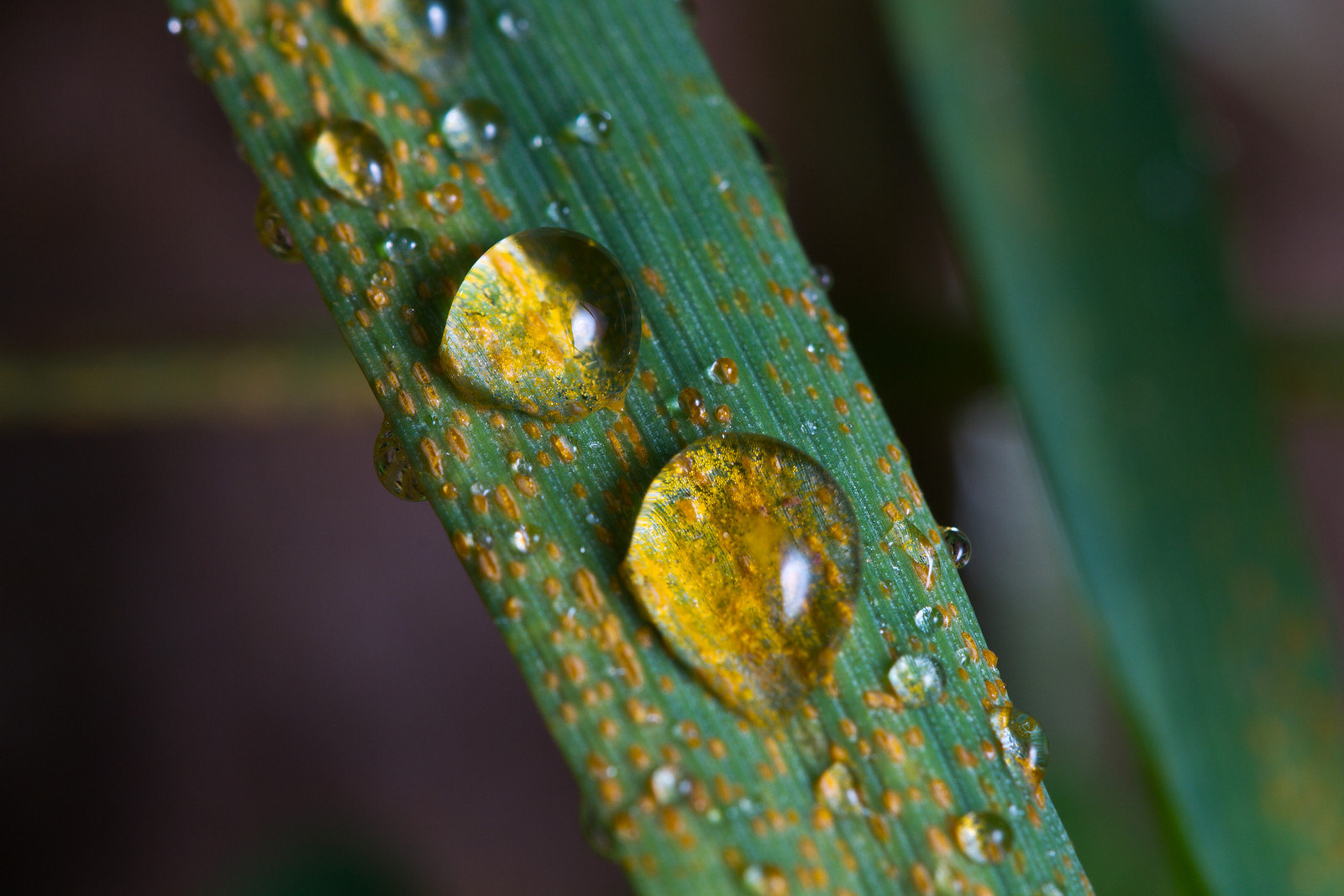Environmental health and biodiversity
The world needs better management of water, soil, nutrients, and biodiversity in crop, livestock, and fisheries systems, coupled with higher-order landscape considerations as well as circular economy and agroecological approaches.
CIMMYT and CGIAR use modern digital tools to bring together state-of-the-art Earth system observation and big data analysis to inform co-design of global solutions and national policies.
Our maize and wheat genebanks preserve the legacy of biodiversity, while breeders and researchers look at ways to reduce the environmental footprint of agriculture.
Ultimately, our work helps stay within planetary boundaries and limit water use, nutrient use, pollution, undesirable land use change, and biodiversity loss.
Understanding the role of organic material application in soil microbial community structures
 Climate adaptation and mitigation
Climate adaptation and mitigation
This metagenomics study examines how application of organic material alters soil microbial populations and functionality in soil from permanent beds with residue retention.
Scientists step up wheat landrace conservation efforts in Afghanistan, Turkey and other countries in the region
 Environmental health and biodiversity
Environmental health and biodiversity
In 2009, a team of wheat scientists from CIMMYT, ICARDA, FAO, and national partners set off on a five-year expedition across Central Asia to collect as many landraces as they could find.
Ecological farming a boon for staple crop farmers in Africa, new study finds
 Environmental health and biodiversity
Environmental health and biodiversity
Cropping diversity, soil-enriching crops, and adding organic material to soils can boost food-crop yields for farmers who can’t apply fertilizer.
Soil scientists and stakeholders reflect on progress and impacts of CIMMYT-Rwanda partnership for soil health
 Environmental health and biodiversity
Environmental health and biodiversity
“Strong partnership” highlighted as CIMMYT and the Rwanda Agriculture and Animal Resources Development Board review progress in managing acid soil.
Getting to win-win: Can people and nature flourish on an increasingly cultivated planet?
 Climate adaptation and mitigation
Climate adaptation and mitigation
Faced with dramatic biodiversity loss and a growing population, should farmers “share” or “spare” land? Agricultural scientists weigh in, yielding a new perspective.
2022 Excellence in International Service Award
 Environmental health and biodiversity
Environmental health and biodiversity
This award recognizes outstanding contributions to plant pathology by APS members for countries other than their own. Contributions may have been made through collaborative projects, sabbaticals, short- and long-term assignments with educational or governmental agencies, including, but not limited to, international centers and research institutes.
A climate-smart remodeling of South Asia’s rice-wheat cropping is urgent
 Environmental health and biodiversity
Environmental health and biodiversity
Multiple studies show conventional farming practices degrade soils, deplete aquifers and feed rampant greenhouse gas emissions.
Nitrogen-Efficient Wheat Production Systems in the Indo-Gangetic Plains through Biological Nitrification Inhibition (BNI) Technology
 Environmental health and biodiversity
Environmental health and biodiversity
Two approaches better than one: identifying spot blotch resistance in wheat varieties
 Environmental health and biodiversity
Environmental health and biodiversity
Genomic selection is a promising tool to select for spot blotch resistance and index-based selection to select for spot blotch resistance, heading and plant height.
CIMMYT scientists identify novel genomic regions associated with spot blotch resistance
 Environmental health and biodiversity
Environmental health and biodiversity
Researchers use genome-wide association mapping approach to identify new regions with resistance to the disease.
Protecting plant health for food and nutritional security
 Environmental health and biodiversity
Environmental health and biodiversity
Global networks present unified and transdisciplinary strategy to protect key crops from devastating pests and diseases.
